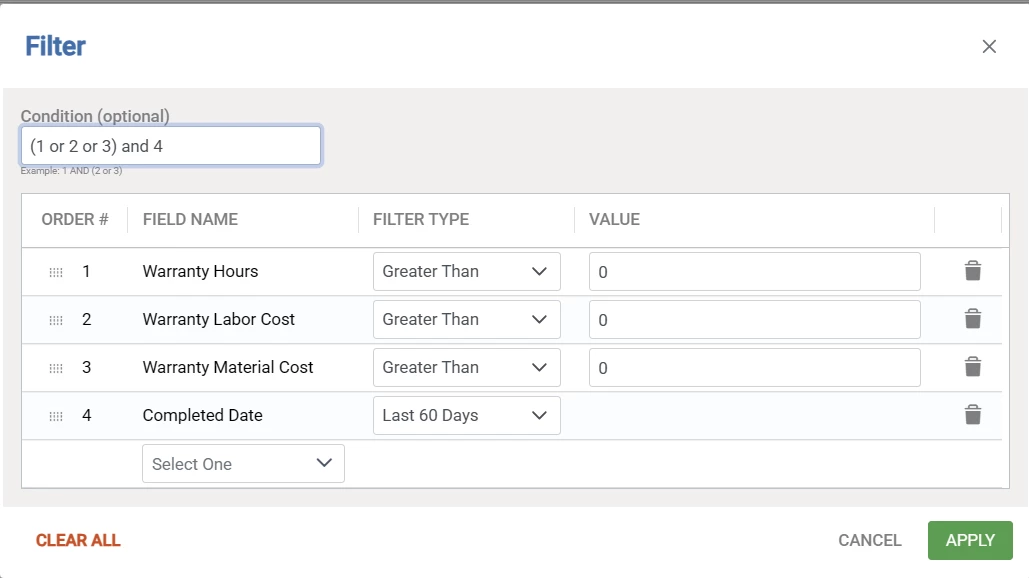Hi!
I'm curious how others are handling enhancement work ticket flows to ensure they are capturing all cost. Has anyone run into this-the system didn’t T&M Calc properly because cost were added after the ticket was marked complete?
Picture this: An after-hours emergency call where no one's available to create a PO. The tech makes a purchase, completes the work and marks the ticket complete via the mobile app.
What process have you implemented to ensure your team capture all costs accurately to ensure the correct bill is issued?






